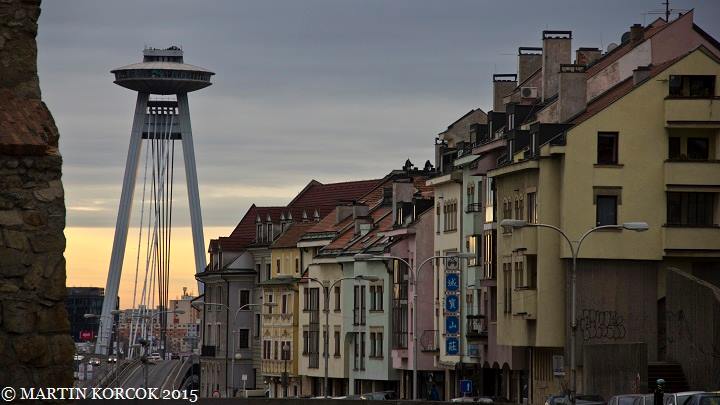Informal Meeting of Contact Points in Bratislava on 9-11 November 2016

Related topics
Civil societydate: 09/11/2016 - 11/11/2016
An informal meeting of "Europe for Citizens" contact points (ECPs) will be organised in Bratislava by the Slovak contact point from 9 to 11 November 2016.
Three main points will be on the agenda of this meeting:
- improving the cooperation within the "Europe for Citizens" network of national contact points, and between the network and the Commission/ Executive Agency;
- informing about the mid-term evaluation of the programme 2014-2020;
- discussing the remaining period 2017-2020 of the programme implementation, with a special focus on operating grants.
Participants will also be introduced to the four priorities of the Slovak presidency of the Council of the EU (July-December 2016). They will have the opportunity to exchange on best practices through presentation of projects selected by the hosting country such as "We and our history!" in the brand-new Museum of the Holocaust in Sereď, and "Central European Forum", which is an international conference having taken place in Bratislava for 8 years under the supervision of Project Forum (beneficiary of an operating grant under the "Europe for Citizens" programme).
The Slovak contact point wants this informal meeting to be an introduction to the Slovak cultural policy, and to its lovely capital, the smallest in Europe.

The "Most SNP", also referred to as "UFO Bridge", is a famous road bridge over the Danube in Bratislava - © Martin Korcok.
Bratislava as well as Slovakia are rich in their history. The country was the venue of both World Wars and was part of the communist bloc from 1945 to 1989. Its history is closely linked to the one of the Czech Republic. Both countries were parts of former Czechoslovakia, a former sovereign state in Central Europe that existed from October 1918, when it declared its independence from the Austro-Hungarian Empire, until its peaceful dissolution (called "the Velvet Divorce") into the Czech Republic and Slovakia on 1 January 1993. Since the, Slovakia and the Czech Republic have remained close partners, as prove their cooperation, notably through the Visegrád Group (formed with Hungary and Poland).
The majority of countries participating in the 'Europe for Citizens' programme have designated National Contact Points. These structures play the role of strategic partners for the programme implementation in the participating countries. They disseminate information on the programme and on other European actions related to citizenship. They organise information sessions, provide advice for applicants and offer support for partner search.
Meetings of the 'Europe for Citizens' Contact Points (ECPs) take place twice a year. They are organised by the Contact Points themselves (informal meetings) in one of the participating countries or by the European Commission and Executive Agency in Brussels (formal meetings).The aim of the meetings for the Commission and Executive Agency is to pass on information and to debrief the network of ECPs on selection results, future work programmes and other important issues. At the same time, these meetings provide a useful occasion for Commission and Executive Agency to find out how the programme is perceived and implemented in the participating countries, which are its strengths and the weaknesses at national, regional and local level and to discuss any outstanding issues.
